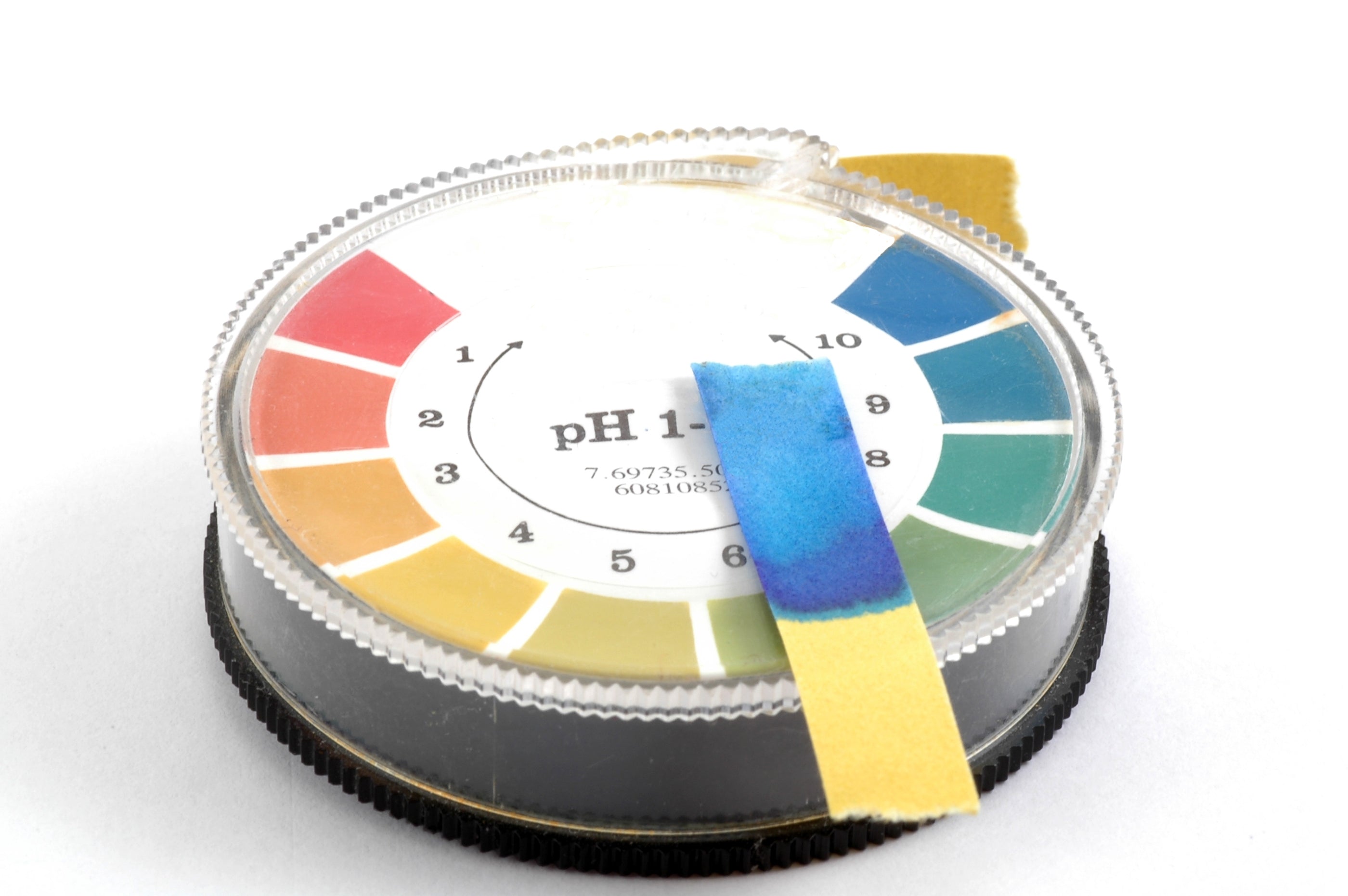Cooling the Water Temperature in Your Hydroponic Reservoir
How To Keep The Water in your Reservoir Cool
One problem with having a hydroponic system outdoors or in a greenhouse is regulating the temperature of the water in your reservoir. Indoors, the water will stay the temperature of your house, which is probably a comfortable temperature.
Most fast growing herbs, vegetables and flowers enjoy lots of warm sunshine. But what’s good for the plant isn’t necessarily good for the hydroponic water. Hot water temperatures aren’t really conducive to healthy plant roots. Think of the difference between a warm, fetid pond and a beautiful cool river. Which would you rather swim in? Roots are the same way. They like a nice temperature, not too hot and not too cold.
Water that is too warm causes root rot. Root rot comes from a water-borne organism (Phytophthora) that thrives in wet, oxygen deprived environments. The warmer your hydroponic water is, the less oxygen it holds. The fungus grows on the roots and prevents them from uptaking nutrients. The roots become slimy and brown. It doesn’t stay isolated to one plant, and can spread throughout the entire system. Plants without healthy roots can die.
Phytophthora is present pretty much everywhere, and if you give it the proper conditions it will take hold quickly. Do you know about the disease triangle? A susceptible host, a virulent pathogen, and a conducive environment are all required for disease to occur. A warm bath of oxygen-poor hydroponic nutrient is definitely a conducive environment.

Luckily, you can generally reverse root rot. First, empty and scrub out your reservoir. Never forget how important cleanliness is in hydroponics. Then, refill it with fresh, cool water and nutrients. Keep the solution cool. Maybe add an oxygen stone or bubbler, or if you don’t have electricity to it, give it a stir now and then. That will go a long way in helping your plants’ roots to regrow.
Here are a couple of ideas on how to keep your nutrient solution cool.
Use only white reservoirs: White reflects the sun. I’d recommend buying white, but you can also paint the reservoir or cover it in white plastic. You could use silver, which also reflects, but you’d probably get blinded if you looked at it!
Shade the reservoir: Is there a way you can keep the reservoir in the shade and still have the plants in the sun? Can you put the reservoir under the plants so they shade it?
Bury the reservoir: Burying the reservoir is a good way to moderate your hydroponic water temperature. It keeps it warmer during the night and cooler during the day. Just make sure no dirt gets in, as that could clog the pump.
Drop in a frozen bottle of water: Instead of ice cubes which can melt and dilute your nutrient solution, try freezing a couple of bottles of water and dropping them in throughout the day as needed to keep your hydroponic water at a cool temp.
Remember, not too hot and not too cold. If your hydroponic water temperature is such that you’d like to take a dip in it to cool off on a hot day, your plant roots are probably enjoying it too.
For more great content check out the Proponics YouTube channel below!





